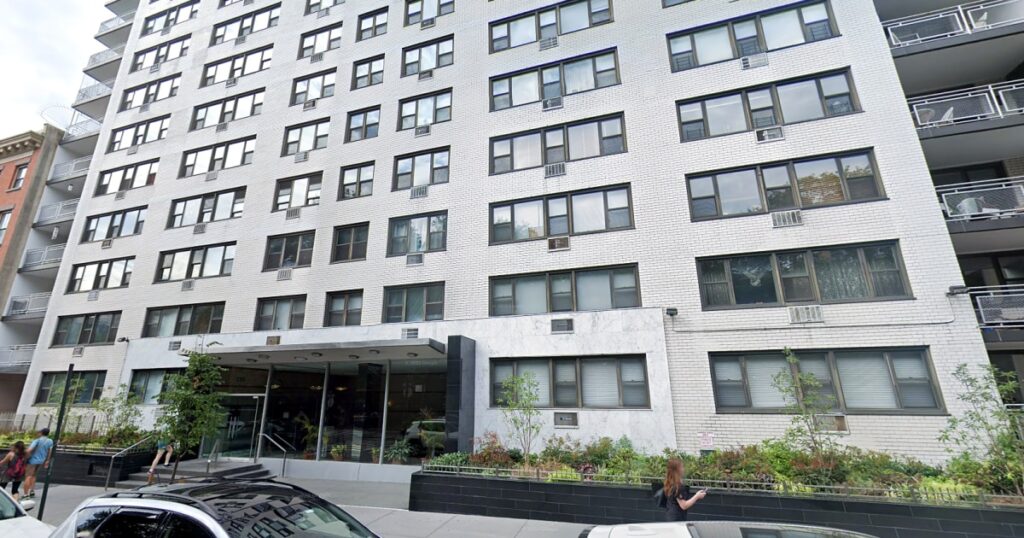Mental health care is a conversation topic that has been stigmatized for years among veterans, multiple experts said during a Veterans Day panel at Indiana University Northwest.
“I think the biggest struggle veterans are dealing with is the stigma with mental health,” said Jackie Bell, a veteran. “It’s getting better, but it’s still there. It’s not accepted across the board, and it’s a struggle that so many people deal with.”
Bell, along with four others, participated in a mental health-focused panel Monday at IUN. The university is also hosting additional activities this week for Veterans Day, including a resource fair and volunteering at local organizations that help veterans.

Maya Wilkins/Post-Tribune
Members of the Indiana National Guard raise the flag on Indiana University Northwest’s flagpole Monday. The university hosted a Veterans Day ceremony at 11:11 a.m. on Nov. 11. (Maya Wilkins/Post-Tribune)
At 11:11 a.m., IUN hosted a flag-raising ceremony at the campus’ Broadway flagpole to mark Veterans Day, which is celebrated each Nov. 11 and was initially known as Armistice Day, marking the end of World War I. It was renamed in 1954 to honor all military veterans.
The mental health panel was moderated by Ted Craig, president of the Military Service Association. Craig asked participants about their experiences and various mental health-related topics.
The biggest struggle for veterans starts when they first leave the service, said Alexandra Copeland, the university’s interim director of counseling services.
“A lot of times, veterans will share that they’re feeling shame, struggling or having a hard time adjusting back to day-to-day life,” Copeland said. “What I really try to focus on with veterans is looking at our expectations and recognizing the challenges and stress that they were under.”
Jonathan Roach, an officer in the Indiana National Guard, said he worries about his soldiers when he doesn’t see them. Roach sees his soldiers less often than others in the military.
When Roach sees his soldiers, it’s difficult to gauge how they are doing mentally or financially.
“Like last month, I found out one person was homeless and living out of his truck,” he said. “He’s a quiet guy, and he’s very nice and had a job prior to duty. He isn’t well-versed in how to take care of his money, though, which isn’t his fault.”
Roach helped get the soldier to get help, and he said that story shows how difficult it can be for some to ask for necessary help.
Transition programs have helped, panelists said, but some soldiers still might have difficulties finding programs.
Rob Anderson, a veteran and panelist, said the initial fear of leaving the military makes it difficult for veterans to seek out necessary services.
“You might get out into reality and see that everything wasn’t bad in the military,” Anderson said. “Life was nice and regimented, you knew what you were going to do every day, and you don’t have to make a ton of day-to-day decisions.”
No matter how difficult the experience was after, each veteran on the panel said they would join the military again. Although Copeland didn’t serve, she’s had clients who have said the same.
“So much of a veteran’s identity is changed and developed throughout their service,” she said. “What I always tell people is that when a veteran returns to civilian life, they are not the same person they were before their service.”



